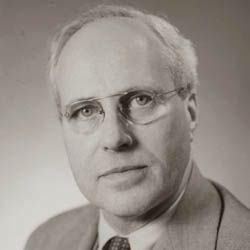Quincy Porter

Biographical information
| Roles | Competed in Olympic Games |
|---|---|
| Sex | Male |
| Full name | William Quincy•Porter |
| Used name | Quincy•Porter |
| Born | 7 February 1897 in New Haven, Connecticut (USA) |
| Died | 12 November 1966 in Bethany, Connecticut (USA) |
| NOC |  United States United States |
Biography
Celebrated American composer Quincy Porter studied at Yale University and later in Paris at the Schola Cantorum. He developed a unique music style and sound as a result of his studies in France with Andre Caplet and Vincent d’Indy, and in New York with Ernest Bloch. Porter’s music had a singing quality, possessing genuine rhythmic verve and was always fresh, spontaneous, independent, intellectual, and at the same time emotionally vital. He was considered one of the most distinguished composers of his time in the USA. As a violinist, Porter created an important, enduring and stimulating body of musical literature.
In addition to his two symphonies, Porter composed several orchestral works including: Poem and Dance, written for the summer concerts by the Cleveland Orchestra; Dance in Three Time, commissioned by the St. Louis Little Symphony; Two Dances for Radio, commissioned by Columbian Broadcasting Company; and Music for Strings, written for Music Press. Porter was awarded the Pulitzer Prize in 1954 for his Concerto for Two Pianos and Orchestra. His catalog raisonné does not show the title Symphonic Ode, the title of his entry in 1936.
After working as a violinist for several years, he taught amongst others at Vassar College and the New England Conservatory of Music in Boston. In 1942, Porter was appointed Director of the latter, a position which he held until 1946. In 1946, Porter was named to the faculty of Yale University, where he remained until his retirement in 1965.
Results
| Games | Discipline (Sport) / Event | NOC / Team | Pos | Medal | As | |
|---|---|---|---|---|---|---|
| 1936 Summer Olympics | Art Competitions |  USA USA |
Quincy Porter | |||
| Music, Compositions For Orchestra, Open (Olympic) |